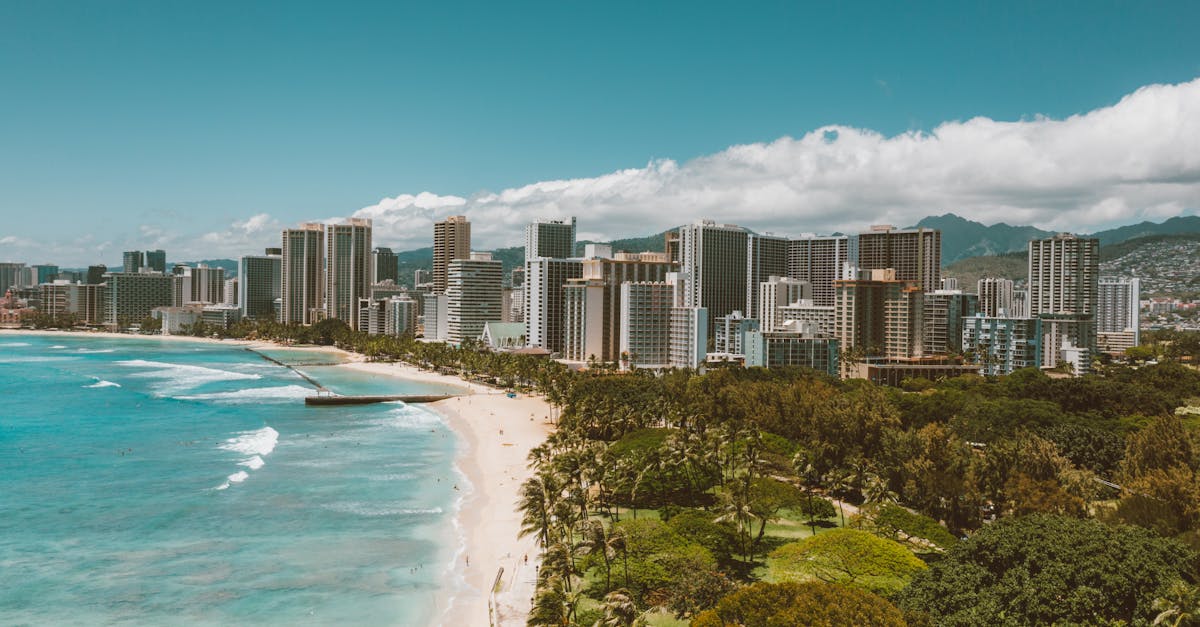As global travelers increasingly seek exclusive experiences, destinations worldwide are capitalizing on the luxury travel boom. Hawaii, with its stunning natural beauty, is a prime example. The allure of high-end resorts, private excursions, and unparalleled service is undeniable, attracting affluent visitors eager to escape the ordinary. This trend, however, forces Hawaii's entrepreneurs, investors, and professionals to carefully consider the long-term implications.
The central challenge is the intersection of luxury and sustainability. While the luxury market is booming The Economist notes, there's growing pressure for destinations to offer environmentally responsible options. The demand for eco-conscious tourism is amplified by increasing awareness of climate change and travelers' desire to minimize their footprint. This represents an opportunity for Hawaiian businesses to differentiate themselves by integrating sustainable practices into their offerings. Hotels can adopt green building standards, source local products, and actively participate in conservation efforts. Tour operators can offer low-impact excursions and educate visitors on responsible travel. This shift can attract environmentally conscious travelers, potentially commanding premium prices.
However, the luxury market is also associated with considerable resource consumption and waste generation. High-end resorts often require substantial infrastructure, including water and energy, and can contribute to environmental damage if not managed responsibly. According to a recent study on island tourism, the sustainability of island tourism is constantly challenged by environmental factors. Moreover, luxury tourism can exacerbate issues of affordability, potentially pricing out local residents and altering the social fabric of communities. The challenge is clear: balance the economic benefits of luxury tourism with the need to protect Hawaii's unique environmental and cultural assets.
Navigating this complex landscape requires strategic planning and collaboration. Investors need to carefully evaluate the environmental and social impacts of their projects, prioritizing sustainable development practices. Entrepreneurs can focus on creating businesses that offer unique, eco-friendly experiences. Policymakers have a crucial role to play, by implementing regulations that incentivize sustainable practices and protect natural resources. As shown in the context of the Maldives, luxury resorts must implement sustainable tourism practices focused on sustainability principles and the “Triple Bottom Line” arXiv. Ultimately, the future of Hawaii’s tourism industry hinges on its ability to offer an exceptional experience without compromising its most valuable asset: its natural beauty and unique culture.



